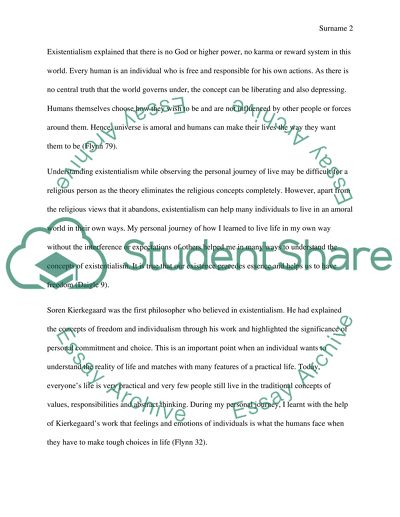Cite this document
(“The concepts of existentialism and how they have helped in the Essay”, n.d.)
The concepts of existentialism and how they have helped in the Essay. Retrieved from https://studentshare.org/english/1491423-existentialism
The concepts of existentialism and how they have helped in the Essay. Retrieved from https://studentshare.org/english/1491423-existentialism
(The Concepts of Existentialism and How They Have Helped in the Essay)
The Concepts of Existentialism and How They Have Helped in the Essay. https://studentshare.org/english/1491423-existentialism.
The Concepts of Existentialism and How They Have Helped in the Essay. https://studentshare.org/english/1491423-existentialism.
“The Concepts of Existentialism and How They Have Helped in the Essay”, n.d. https://studentshare.org/english/1491423-existentialism.


